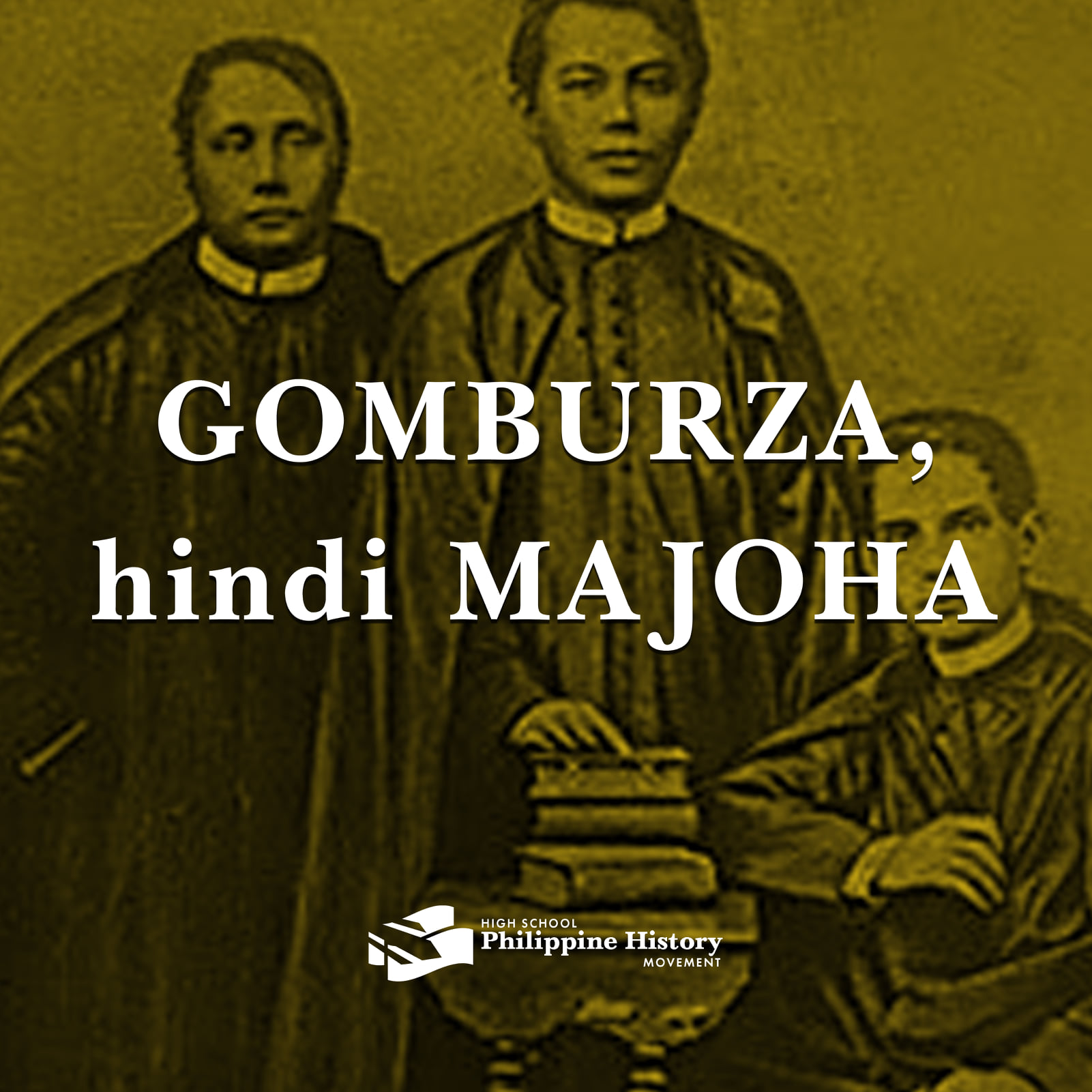The crisis of historical ignorance in the Philippines must not be ignored – #BotongPinoy2022

(Reposting here my latest contributed opinion article for Sun Star Philippines – MPM)
According to figures from the Commission on Elections, over 13 million out of the 67 million Filipinos who are qualified to vote for this Monday’s elections are under the age of 25.
This is the generation that is more likely to get news and information from the Internet and not from peer-reviewed books and traditional media outlets. This is also the generation that is greatly affected by the fateful decision of the Department of Education (DepEd) to remove what was once a stand-alone Philippine History subject from the high school curriculum in accordance with Department Order #20 series of 2014.
In the weeks and months leading to Election Day, there had been sobering reminders yet again of the extent of historical ignorance among Filipinos. Just before the Holy Week holidays, a quiz bee segment from a popular reality show gained notoriety on social media after its participants fumbled in answering basic questions related to Philippine history like the combined surnames of the three martyred priests Mariano Gomez, Jose Burgos, and Jacinto Zamora.
Meanwhile, a quick visit to Facebook, Tiktok, and YouTube would reveal that way too many Filipinos across all generations accept the lie that the Martial Law years represent a golden age in the country’s history, despite the plethora of evidence that billions were lost due to corruption during that time and that there’s overwhelming documentation that thousands were abducted, tortured, and even summarily executed back then.
The highly-sophisticated attempt to whitewash our nation’s contemporary history has been extensively covered by foreign publications including BBC News, Hong Kong’s The Standard, Japan’s Nikkei Asia, New York Times, and Washington Post.
Educators who let their partisan and regional loyalties shape how they discuss historical facts and current events to their students also contribute significantly to this crisis of historical ignorance.
Regardless of who wins at the national and local levels in this year’s polls, it is imperative to take steps to address this crisis. DepEd, for example, should address the years-long clamor from various stakeholders to once more offer a subject dedicated to Philippine history at the high school level.
More intensive media literacy initiatives must also be done to make students and even older people be more adept in assessing the reliability of information sources to reduce their vulnerability to fake news and historical lies. Social media networks, for their part, must also be compelled to act more decisively against accounts used to mislead the public.
A common maxim says that “A lie travels around the globe while the truth is still putting on its shoes,” and hence, the truth needs all the help it could get for it to prevail in the end.
Mark Pere Madrona teaches for the Department of Education-Quezon City and University of the Philippines-Diliman. He owns the blog The Filipino Scribe, and is currently the director for Humanities and Social Sciences of the High School Filipino History Movement.






